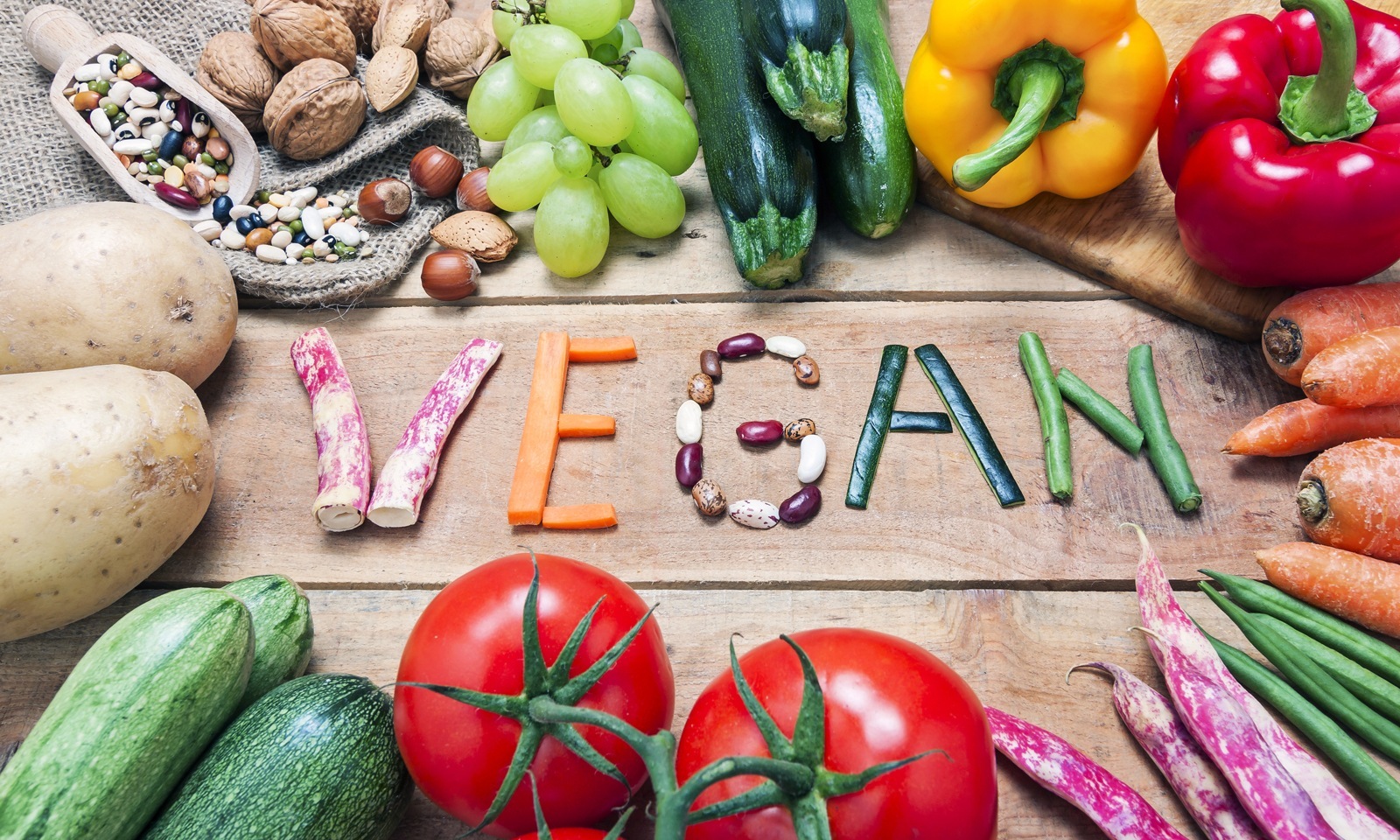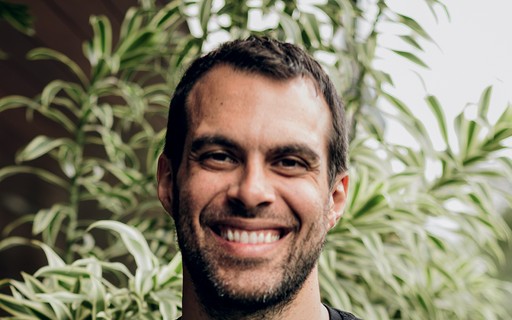RIO DE JANEIRO, BRAZIL – The first time Eduardo Phillips, a vegetarian associate for the Carioca plant-based sports nutrition company MOTHER, began to cut out animal protein from his diet was in 2016. As an amateur athlete and sports enthusiast, and after reading some inspiring books on the subject, he chose to become vegetarian primarily due to health concerns and performance in sport. For him, becoming vegan will be the natural next step.
“For the past six-seven years, I’ve been practicing triathlon and this has seen quite a few changes on how I see my body and how I relate to food….My change in diet has made a huge improvement in my performance,” he tells The Rio Times.

Phillips is among 14 percent of the Brazilian population who are choosing to incorporate a plant-based diet into their own lifestyle choices. In a country where “churrasco” (barbecue) is king and, as one of the largest meat-producing countries and consumers in the world, the increasing demand for vegan products might be surprising. And yet, veganism is on the rise.
According to a survey undertaken in 2019 by the Good Food Institute (GFI): Approximately 30 percent of Brazilians – 60 million people – intend to reduce or are already reducing their intake of meat, egg and dairy. Surveys demonstrated that 3 out of 4 people not only wanted to reduce their intake of meat but also admired those that did.
Much like Phillips, the majority of Brazilian vegetarians, vegans and reductionalists view the shift to a more plant-based diet as a positive step and cite health as the main contributing factor for their choice.
The former Brazilian health-minister Alexandra Padilha claimed that full-fat milk and fatty meats are the main cause of obesity, which is quickly rising to become a pandemic in the country. Since 2014, the official dietary requirements for the Brazilian population, from the Ministry of Health, highlights the suitability of a well-balanced plant-based diet for all demographic groups.
The growth in the number of vegans and vegetarians is also fuelled by rising concerns about the impacts of animal agriculture. Brazil suffers great harm from conventional animal agriculture and is renowned for its domestic environmental issues, most notably the deforestation in the Amazon rainforest.
In 2019, the problem escalated, with more than 70 percent of the Amazon’s rainforest being cleared for land to raise cattle to feed the global demand for meat, according to the same survey undertaken by the GFI in 2019.
As a result of the large number of animals in Brazil, the country is also among the top global emitters of methane, one of the most potent greenhouse gases. People are increasingly understanding that our current food chain system is unsustainable.
Steffan Adams, a vegan founder of plant-based drinks company Natuterra based in São Paulo, stated that along with the huge environmental advantages of adopting a plant-based diet, he chose to become vegan because he hated to see animals suffer.
Inspired by the book Meatonomics, which shows how our current food systems negatively affect the global economy, as well as films such as Cowspiracy, What the Health, and Earthlings, Adams decided there was no going back.
“Becoming vegan is important and more than just a lifestyle. I want to be able to eat healthy and tasty foods, and know that I am not damaging the planet while doing so. Going plant-based has so many advantages – it’s healthy, sustainable, animals don’t suffer and it’s made me a better cook”, Adams tells The Rio Times.
For him, the switch to a plant-based diet was seamless. “I tried eating a plant-based diet for a week in São Paulo, and found it way easier than I thought it would be.” As one of the biggest metropolises in Latin America, it’s perhaps unsurprising that vegan options appear to be the easiest to come by in the city of São Paulo. “The big natural food trade show in Sao Paulo is the largest in Latin America and every year the number of new plant-based brands of alternatives is growing” Steffan said.
There is great potential for plant-based products in Brazil, as veganism increasingly begins to enter into conventional politics. “Meatless Mondays” or “Segunda sem carne” as it’s known in Brazil, an initiative that encourages everyone to cut meat from their diet on Monday, has taken Brazil by storm.
The campaign is now a program at the São Paulo’s City Department of Social Assistance and Development, currently operating in 1,270 locations across government-aided social services for children, teenagers and adults.
“When we talk about people with high education and good income, they are all tending to go more natural. So Meatless Monday for them is really common; they know what’s going on in the news about the intake of animal products, related to health and other factors.” Phillips states.
Brazil is considered the 5th most important market in the healthy food industry worldwide. Plant-based companies in Brazil are estimated to be growing at a rate of 40 percent annually, and with a population of 200 million people, the business opportunities for Brazilian companies and investors in this sector are vast.
In April 2019, Rio-based food tech company Fazendo Futuro, founded by Alfreado Strenchinsky and Marcos Leta (the same founder of MOTHER), launched its first product: a vegan burger made with pea, soy and chickpea proteins. Described as the “food of the future” by Bill Gates, the plant-based burger is now available in supermarkets across the country including Pão de Açucar and Zona Sul, and has been adopted by national fast food chain Bobs. Traditional meat producers Burger King and McDonalds have also added either vegetarian or vegan options to their menus, empowering the movement further into the mainstream.

Celebrities have also helped fuel the movement into the mainstream spotlight. Brazilian pop-idol Anitta has often taken to social media to promote the benefits of a vegan diet, as well as informing her fans about the devastating impacts of the destruction of the Amazon rainforest. On Instagram, Anitta posted a photo of the documentary “Cowspiracy” – a film that talks about the harmful effects of the meat industry; the singer recommended that everyone watch it.
“Watch it too, nobody needs to think the same. But it is always good to receive all kinds of information and seek your own truth.” she wrote.
https://www.instagram.com/p/BsI0zXDA2G0/?utm_source=ig_embed
Meanwhile, Internationally, the plant-based movement has already taken off, with the US’s food tech companies raising huge capital for producing plant-based alternatives. The sausage industry is already making meatless sausages, and Japan is already making meatless alternatives to lobsters, shrimp, tuna and salmon. Brazil isn’t far behind and has a number of resources at its disposal.
“I think it’s perfect because Brazilians look after themselves – they work out a lot and have so many amazing natural foods and fruits. I think plant based alternatives for things like meat and dairy will be a natural evolution – it’s far more healthy and sustainable.” Adams stated.
Philipps adds: “I really believe that [the plant-based revolution] is going to come here in Brazil. People will move from Meatless Mondays to add Meatless Wednesdays and I really believe that Brazilians wishing to slow down their animal-protein intake will double in 5 years time. We don’t know how many game-changers are going to come in the process, but for sure they will accelerate the movement. This will make a huge impact on people. A lot of people are waking up, we (the MOTHER team) are really excited to see what the future holds in Brazil.”
If Brazilian food tech companies can continue to create plant-based products that match the same taste, convenience and price as animal-based products, as well as ongoing education about the benefits of adopting a plant-based diet reaching different demographic groups across the country, the movement is likely to continue to blossom. Watch this space.

